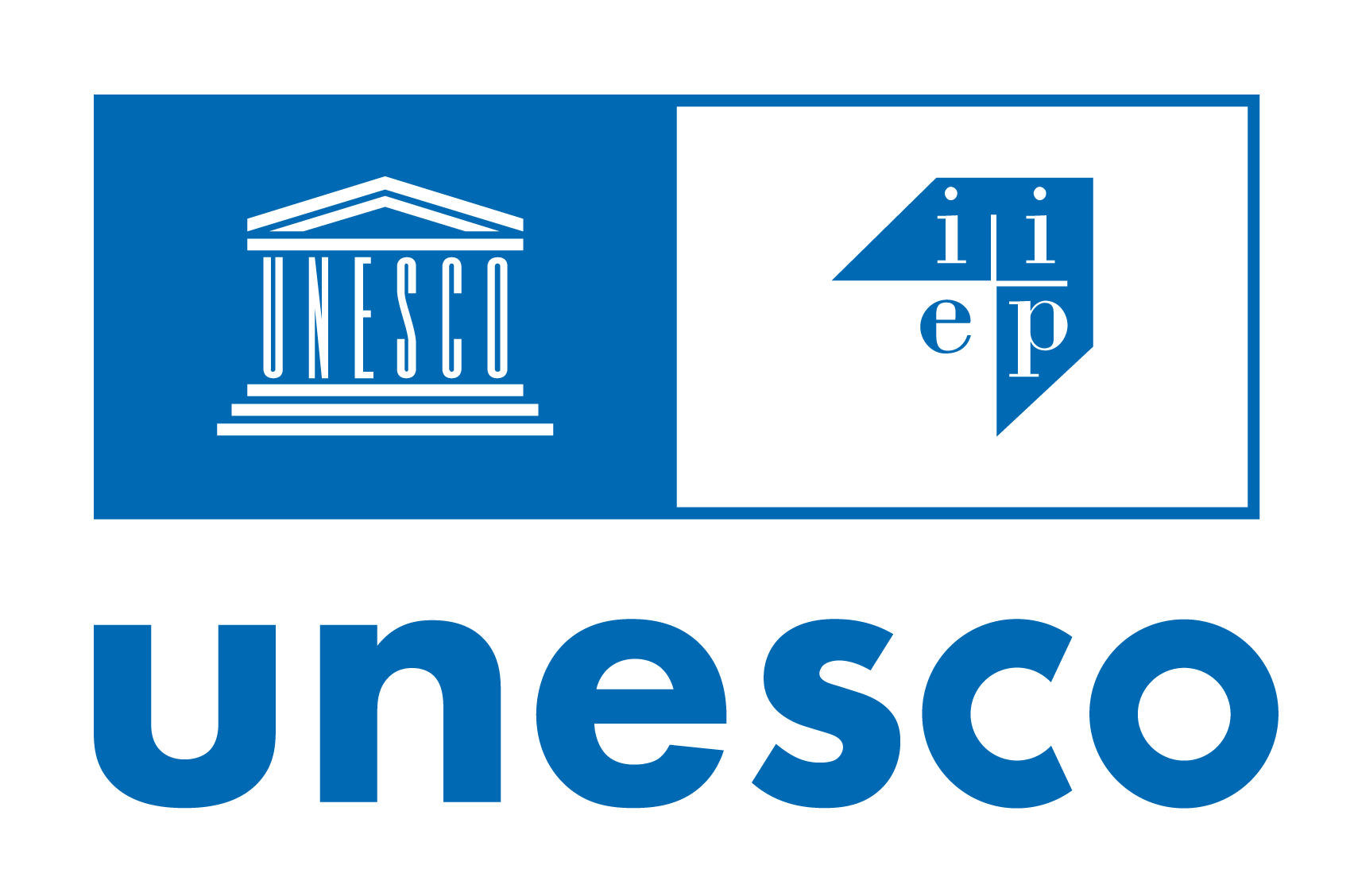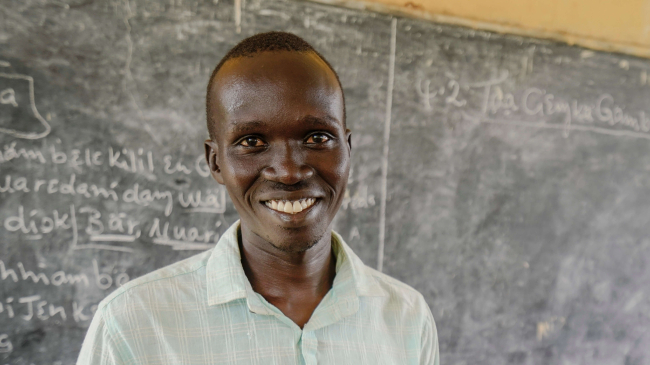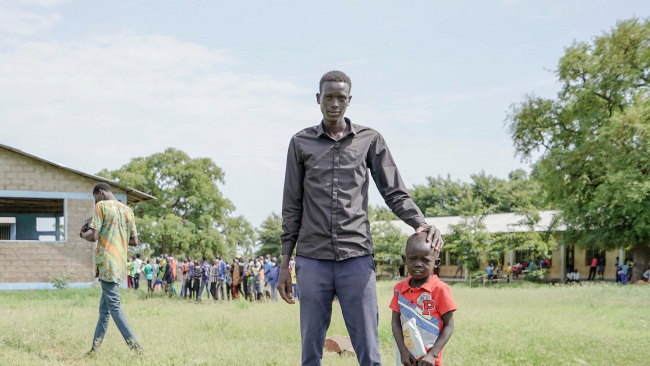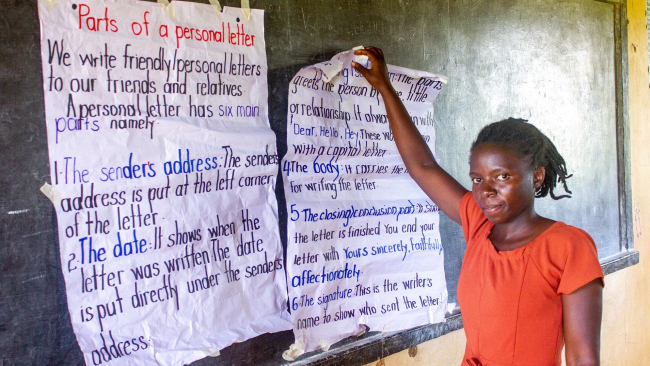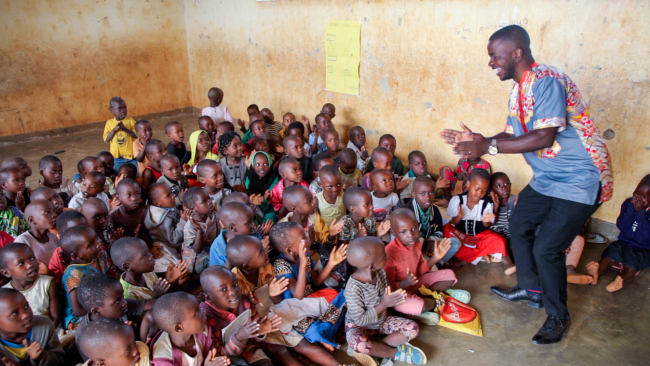Education is a central need for millions of children and young people affected by emergencies and protracted crises. Supporting education in crisis contexts involves multiple actors with mandate, mission, organisational structure, technical and geographic expertise. Systematic organisation of groups and individuals contributing to education activities can, in principle, allow for more efficient, costeffective and successful operations. This report presents a global framework for analysis of formal coordination approaches for education planning and response in emergencies and protracted crises. It reviews concepts and definitions of coordination, approaches and structures for coordinated planning and response, and expected outcomes of these processes, with a focus on humanitarian structures across the humanitarian–development nexus. The main types of formal education coordination groups include Education Clusters, Refugee Education Working Groups and Local Education Groups (LEGs). These often have different purposes and organisations associated with them, sometimes resulting in overlaps
Year
2020
Pages
72
Resource Types
Languages
